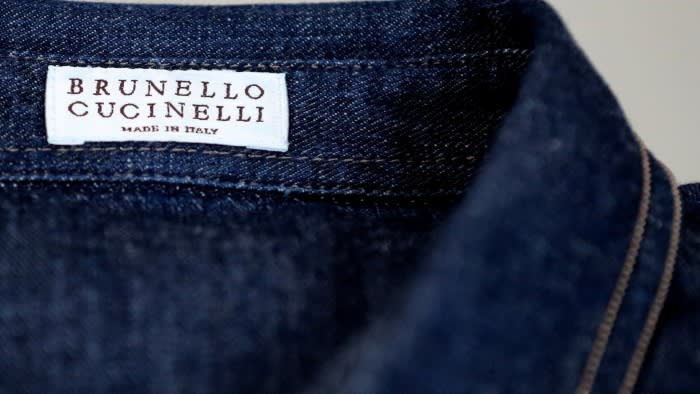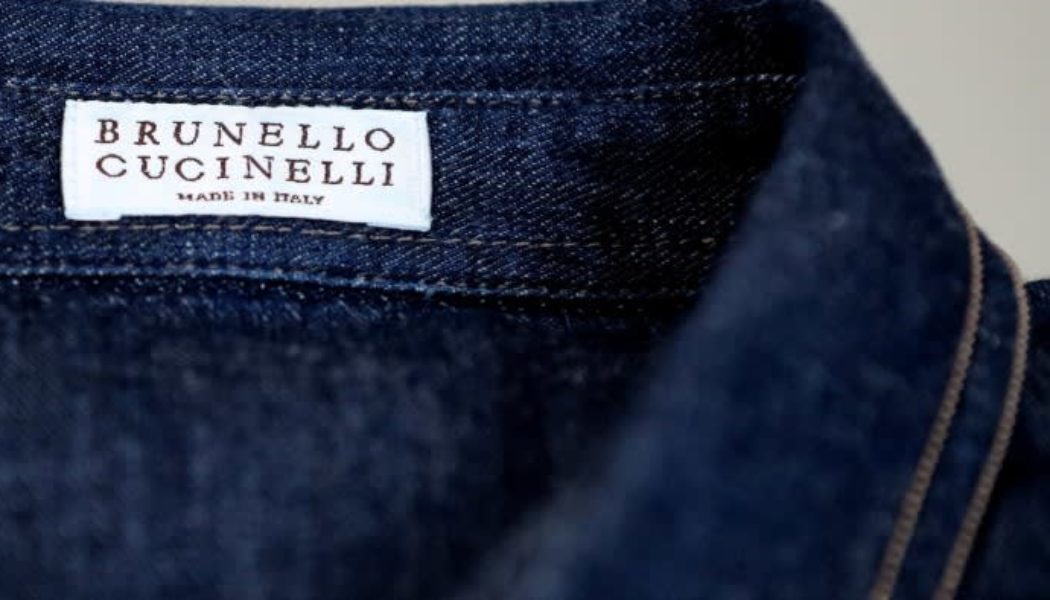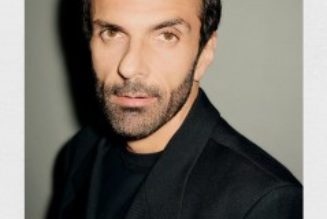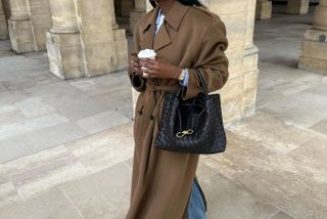
Unlock the Editor’s Digest for free
Roula Khalaf, Editor of the FT, selects her favourite stories in this weekly newsletter.
When anyone can look rich, moneyed classes need not try. A shift towards quiet luxury offers hope for the fashion minnows competing against the huge marketing budgets of an LVMH or Kering. One small Italian brand Brunello Cucinelli, which reported third-quarter revenues on Thursday evening, has long embraced “elegant casual”. It has a successful niche with minimal branding.
Something has changed within luxury. Higher inflation has eaten a hole in the pockets of the aspirational buyers of luxury goods, thinks Luca Solca at Bernstein. Yet Cucinelli, an Italian maker of £7,000 cashmere coats, thrives. Its currency-adjusted sales through September this year jumped 29 per cent, and its full year outlook improved. Although Asia/Middle East has been its strongest region, led by China, Cucinelli’s sales in Europe and the Americas each exceeded 20 per cent growth. A 4 per cent bounce in the share price duly followed on Friday.
Quiet luxury eschews bling. This is something that the confident, wealthy buyer increasingly prefers, especially in China. Almost half of Chinese high-end fashion buyers prefer minimal logos and timeless clothing pieces, according to a regular quarterly survey by Vogue and Barclays Research.
Minnows do not always find a profitable niche. Salvatore Ferragamo, known for upmarket leatherwear, has yet to find its feet in the midst of its recent reboot. Unlike other smaller Italian brands, such as Tod’s or Cucinelli, Ferragamo’s operating profits have yet to return to pre-pandemic levels. A market value down by a fifth over the past year compares unfavourably with Cucinelli’s, up by a quarter.
As when sailing yachts, luxury businesses must turn their sails to find the fairest wind. China’s sluggish economic recovery and inflationary headwinds elsewhere means making a splash no longer fits the mood. That trend will suit those fashion brands keen on a quiet revolution.
Lex recommends the FT’s Due Diligence newsletter, a curated briefing on the world of mergers and acquisitions. Click here to sign up.









